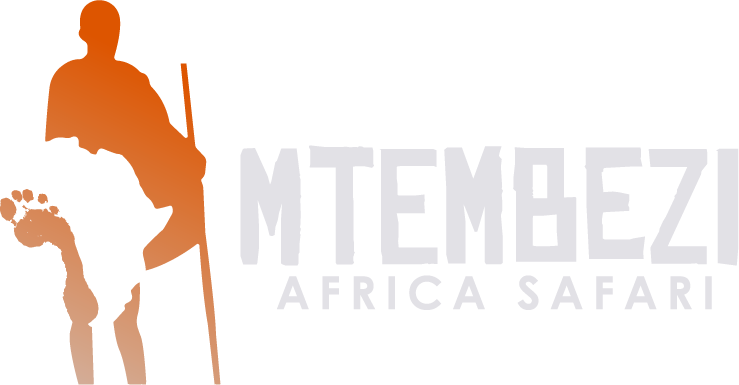Tanzania Culture
Welcome to Tanzania
Tanzania Culture & Traditional
Tanzania Culture! Here, we delve into the rich and diverse cultural tapestry that makes Tanzania an extraordinary destination. Tanzania is renowned for its vibrant traditions, languages, and customs, all shaped by the over 120 ethnic groups that call Tanzania home. Each group contributes its unique practices, art, music, and culinary delights, creating a mosaic of cultural experiences that are both captivating and enriching.
Join us as we explore what makes Tanzania so unique and fascinating. From the ancient traditions of the Hadzabe tribe to the colorful ceremonies of the Maasai, and the rhythmic dances of the Sukuma, you’ll discover a land where history and modernity blend seamlessly. Whether you’re interested in the intricate wood carvings of the Makonde, the spicy flavors of Zanzibari cuisine, or the harmonious coexistence of diverse religious practices, Tanzania offers a cultural journey like no other.
Tanzania Tribes and Language
Some Ethnic Groups in Tanzania
Tanzania’s cultural landscape is shaped by over 120 ethnic groups, each with its own unique traditions, customs, and languages. Here are some of the most prominent ethnic groups, including the fascinating Hadzabe tribe:

Sukuma Tribe
- Population: Approximately 8 million.
- Location: Primarily in the northwest around Lake Victoria.
- Culture: The Sukuma are known for their agricultural expertise, especially in cultivating crops like cotton, rice, and maize. They have rich traditions in music and dance, with the Bugobogobo dance being particularly famous. The Sukuma also engage in traditional wrestling and drumming ceremonies.

Chaga Tribe
- Population: Approximately 2 million.
- Location: Slopes of Mount Kilimanjaro.
- Culture: The Chagga are skilled farmers, known for their intensive cultivation of bananas, coffee, and maize. They have a strong cultural heritage with distinct rites of passage, and their traditional music and dances are integral to their social ceremonies.

Hadzabe Tribe
- Population: Approximately 1,300.
- Location: Central Tanzania, near Lake Eyasi.
- Culture: The Hadzabe are one of the last hunter-gatherer tribes in Africa. They live a nomadic lifestyle, relying on hunting game and gathering wild fruits, honey, and tubers. The Hadzabe have a profound knowledge of the environment and sustainable living practices. Their language is unique, featuring click sounds, and their social structure is egalitarian, with decisions made collectively. The Hadzabe’s traditional practices, including their hunting methods with bows and arrows and the use of herbal medicines, have remained largely unchanged for thousands of years.

Maasai Trib
- Population: Approximately 800,000.
- Location: Northern Tanzania and southern Kenya.
- Culture: The Maasai are iconic for their semi-nomadic lifestyle, deeply rooted in cattle herding, which is central to their economy and social structure. They are famous for their colorful shukas (red cloaks), intricate beadwork, and the Eunoto ceremony, marking the transition of warriors to elder status. The Maasai maintain many of their traditional practices and have a profound connection to their land and livestock.

Zaramo Tribe
- Population: Approximately 700,000.
- Location: Coastal areas, especially around Dar es Salaam.
- Culture: The Zaramo people are known for their rich cultural traditions, including music, dance, and art. They practice mixed agriculture and fishing, and their coastal cuisine features a variety of seafood dishes. The Zaramo have a vibrant tradition of storytelling and proverbs, often reflected in their daily lives and social interactions.

Haya Tribe
-
- Population: Approximately 1.2 million.
- Location: Northwest, near Lake Victoria.
- Culture: The Haya are known for their banana and coffee plantations. They have a rich history of ironworking and are known for their distinctive pottery.
Tanzania Culture
Cultural Practices and Traditions
Each ethnic group in Tanzania contributes to the country’s cultural richness through its unique traditions, festivals, and social structures. Community life often revolves around ceremonies that mark significant life events such as births, marriages, and initiations.
- Music and Dance: Integral to social and religious ceremonies. Different groups have distinct styles of music and dance.
- Art and Craft: Many ethnic groups are renowned for their craftsmanship, such as the Makonde with their intricate wood carvings.
- Cuisine: Traditional foods vary by region but often include staples like ugali (maize porridge), nyama choma (grilled meat), and a variety of stews and vegetable dishes.
Tanzania’s ethnic diversity is one of its greatest strengths, offering a vibrant mosaic of cultures, languages, and traditions. Whether you’re exploring the agricultural expertise of the Sukuma, the mountaineering Chagga, the iconic Maasai, the coastal Zaramo, or the ancient ways of the Hadzabe, Tanzania promises an enriching cultural experience. Immerse yourself in the heart of Tanzania’s cultural heritage and discover the unique stories and traditions that make this country truly special.
Top Pick Tanzania Tour Packages For You
Tanzania boasts Africa’s renowned parks, promising unforgettable luxury safaris. With expertly crafted itineraries, immerse yourself in the finest national parks for a tailored wildlife adventure.
